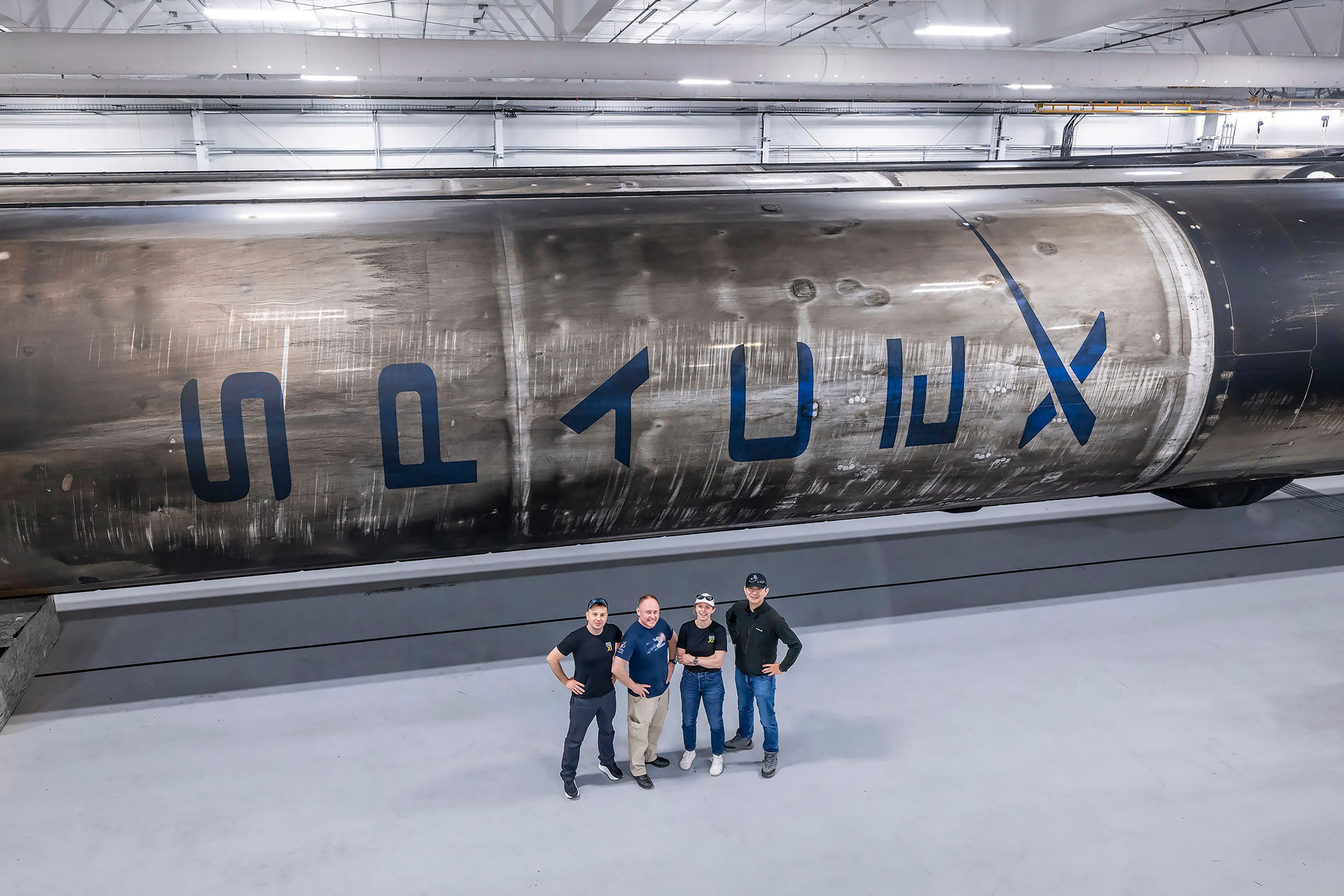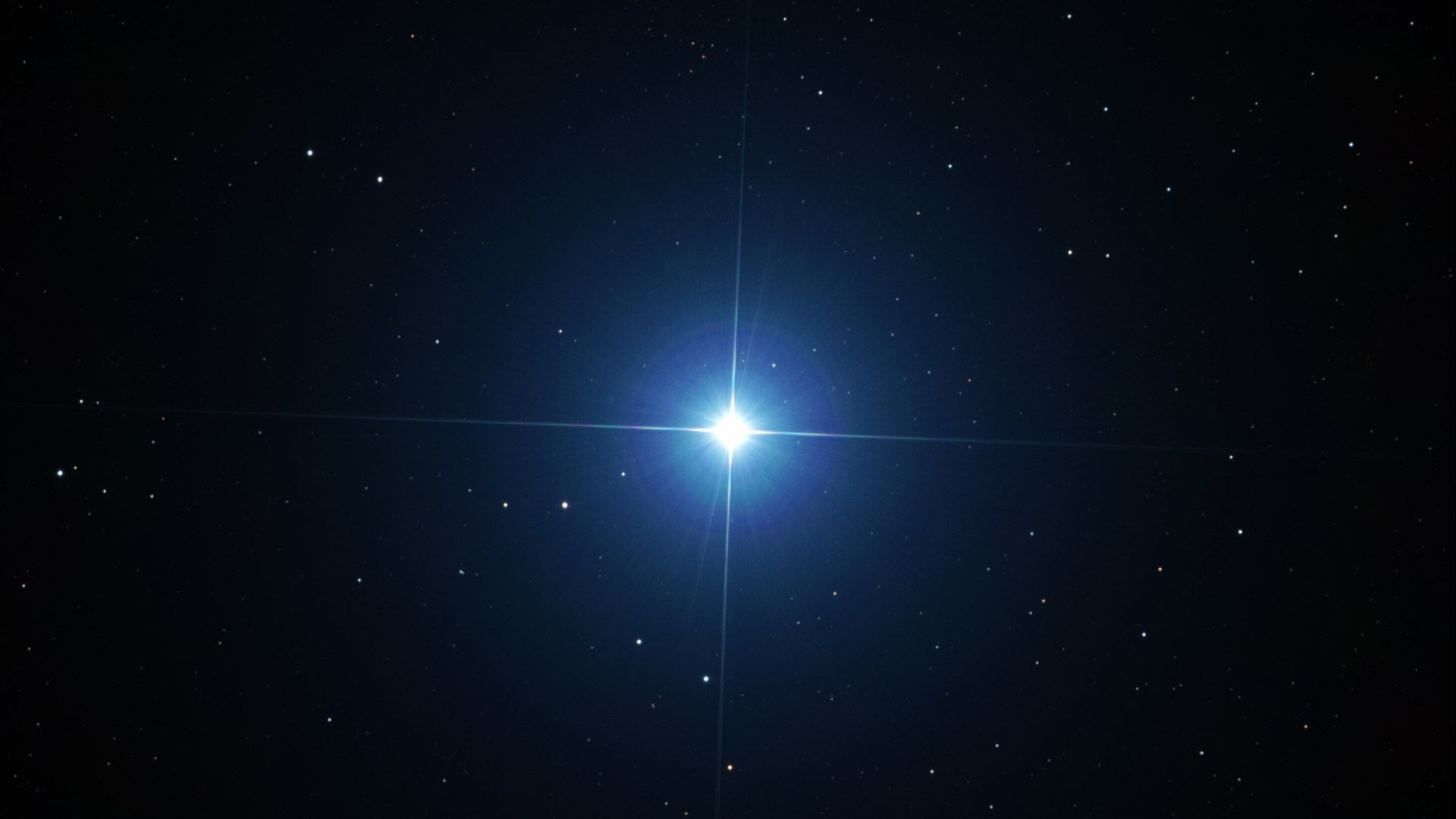
Rocket Lab is about to expand its launch footprint considerably.
Rocket Lab announced on Wednesday (Nov. 9) that it's targeting Dec. 7 for its first-ever launch from U.S. soil. That mission will lift off from the company's new Launch Complex 2 at the Mid-Atlantic Regional Spaceport, which is located at NASA's Wallops Flight Facility in Virginia.
"We are honored and excited to bring a new launch capability to Virginia's Eastern Shore," Rocket Lab founder and CEO Peter Beck said in a statement.
Related: Rocket Lab and its Electron booster (photos)
The coming mission, which Rocket Lab calls "Virginia is for Launch Lovers," will employ the company's workhorse Electron vehicle. The 59-foot-tall (18 meters) Electron has more than 30 orbital missions under its belt to date, all of which have lifted off from Launch Complex 1, Rocket Lab's facility on New Zealand's North Island.
"Virginia is for Launch Lovers" will loft satellites for HawkEye 360, a Virginia-based company that maps radio frequency emissions from space. It's the first of three contracted Electron launches that will deliver to orbit a total of 15 spacecraft for HawkEye 360 by 2024.
"For our fifth cluster of next-generation satellites, we needed optimal orbital flexibility — and Rocket Lab's new Electron launch pad in Wallops, Virginia, provides the perfect domestic capability,” HawkEye 360 CEO John Serafini said in the same statement.
Get the Space.com Newsletter
Breaking space news, the latest updates on rocket launches, skywatching events and more!
"Rocket Lab's inaugural [Virginia] launch facilitates our first mid-latitude satellite cluster, which will strengthen the diversity of our geospatial insights for our government and commercial customers across the globe," he added.
Rocket Lab had intended to start flying from Launch Complex 2 in 2020. But it took longer than anticipated to certify the NASA-developed autonomous flight termination system that's required for missions that take off from the site. (Flight termination systems are designed to destroy rockets that veer off course during a launch.)
With Launch Complex 2 now up and running, Rocket Lab can support more than 130 launch opportunities every year, company representatives said in the same statement.
The Virginia site isn't just about Electron; Rocket Lab is also building its next-generation Neutron vehicle, a larger, reusable rocket, at the facility. Neutron, which is expected to debut in 2024, will launch from Virginia as well.
Mike Wall is the author of "Out There" (Grand Central Publishing, 2018; illustrated by Karl Tate), a book about the search for alien life. Follow him on Twitter @michaeldwall. Follow us on Twitter @Spacedotcom or on Facebook.
Join our Space Forums to keep talking space on the latest missions, night sky and more! And if you have a news tip, correction or comment, let us know at: community@space.com.

Michael Wall is a Senior Space Writer with Space.com and joined the team in 2010. He primarily covers exoplanets, spaceflight and military space, but has been known to dabble in the space art beat. His book about the search for alien life, "Out There," was published on Nov. 13, 2018. Before becoming a science writer, Michael worked as a herpetologist and wildlife biologist. He has a Ph.D. in evolutionary biology from the University of Sydney, Australia, a bachelor's degree from the University of Arizona, and a graduate certificate in science writing from the University of California, Santa Cruz. To find out what his latest project is, you can follow Michael on Twitter.









